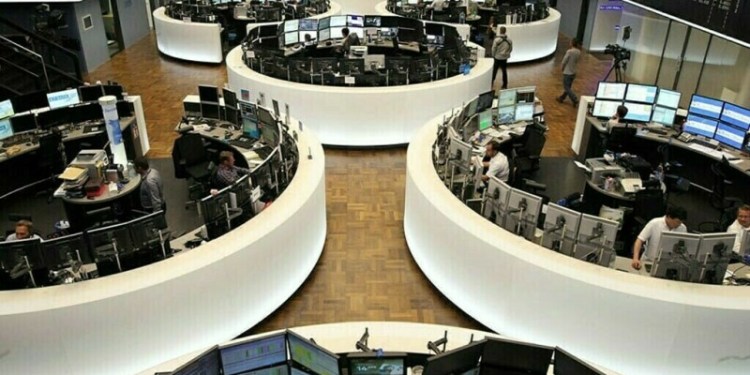LONDON (Reuters) – British lawmakers will debate the government’s proposed legislation on post-Brexit customs arrangements and trade on July 16 and 17, creating another potential flashpoint between Prime Minister Theresa May and pro-European Union lawmakers.
The debates will be a chance for lawmakers in May’s Conservative Party to make the case for Britain to remain in a customs union with the EU – something May has ruled out despite being unable to find an alternative that is acceptable to her cabinet and Brussels.
The customs bill is a technical piece of legislation creating the legal powers for the government to put in place an as yet undetermined customs policy on imposing duties on goods entering the country. The trade bill covers converting the EU’s existing trade deals into bilateral deals direct with Britain.
Customs policy has become one of the most difficult hurdles in talks with Brussels and a British negotiating position is still being thrashed out at government level.
The customs legislation, known as the Taxation (Cross Border Trade) Bill, is provisionally scheduled for July 16, with the Trade Bill up for debate the next day.
Last month, May’s minority government passed laws that will end Britain’s EU membership in March next year.
To do that, she had to make several compromises to avoid a hugely damaging defeat in parliament at the hands of a group of pro-EU rebels – one of two factions within her party with opposing views on what Brexit should look like.
At the time, some of the pro-EU lawmakers indicated they had chosen not to rebel on that bill in order to make their case during the customs and trade legislation debates. Both bills will need to go through several additional stages before becoming law.
Fusion Media or anyone involved with Fusion Media will not accept any liability for loss or damage as a result of reliance on the information including data, quotes, charts and buy/sell signals contained within this website. Please be fully informed regarding the risks and costs associated with trading the financial markets, it is one of the riskiest investment forms possible.
Source: Investing.com



























